Summer of Soul
Summer of Soul is a groundbreaking and intriguing documentary directed by the famous musician and member of The Roots, Questlove. This documentary details the events and impact of the 1969 Harlem Cultural Festival, one of the very first festivals of its kind specifically geared toward and celebrating Black music.
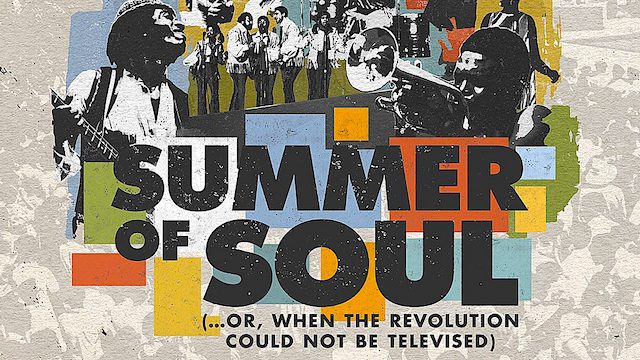
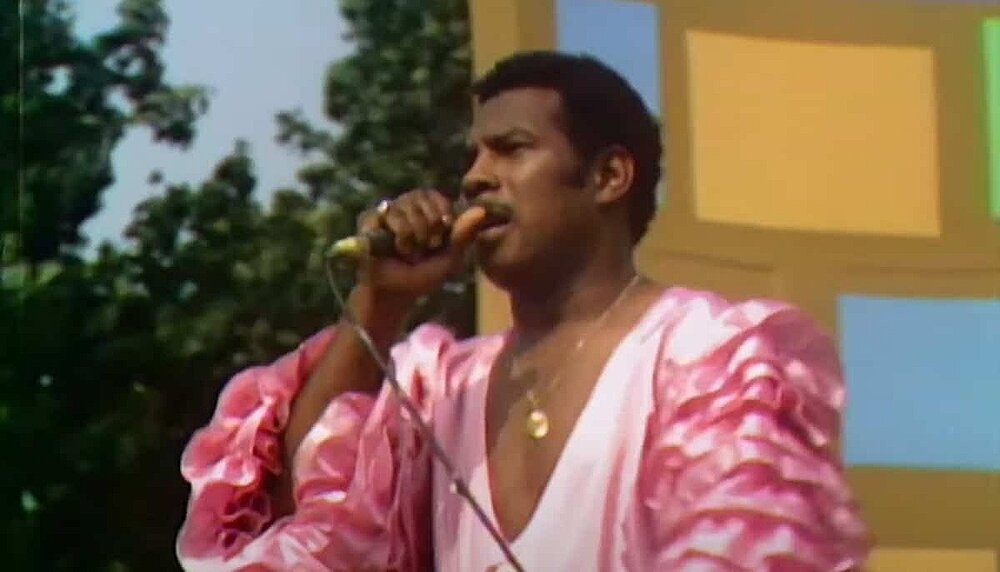
The Harlem Cultural Festival of 1969 was organized and facilitated by lounge singer/promoter, Tony Lawrence. Lawrence not only secured sponsorship from Maxwell House & General Foods, but he also was able to get the support of New York City Mayor (at the time), John Lindsay. The concert was also entirely free for attendees, so Lawrence had to also manage to figure out how to pay for the performers and equipment. It was truly a tremendous feat.
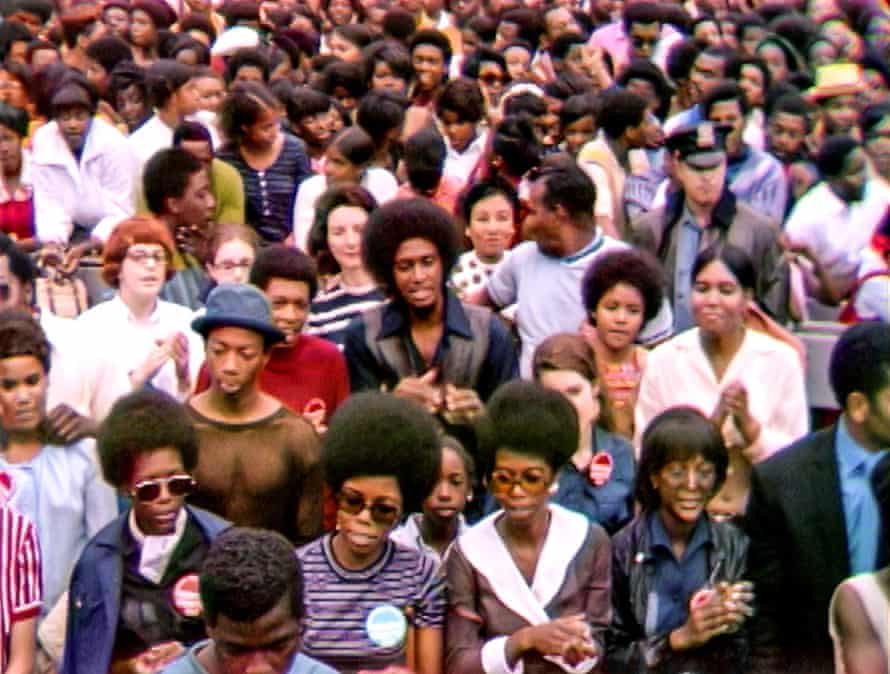
“It was the ultimate black barbeque”
Performers Include:

The Chambers Brothers

B.B. King
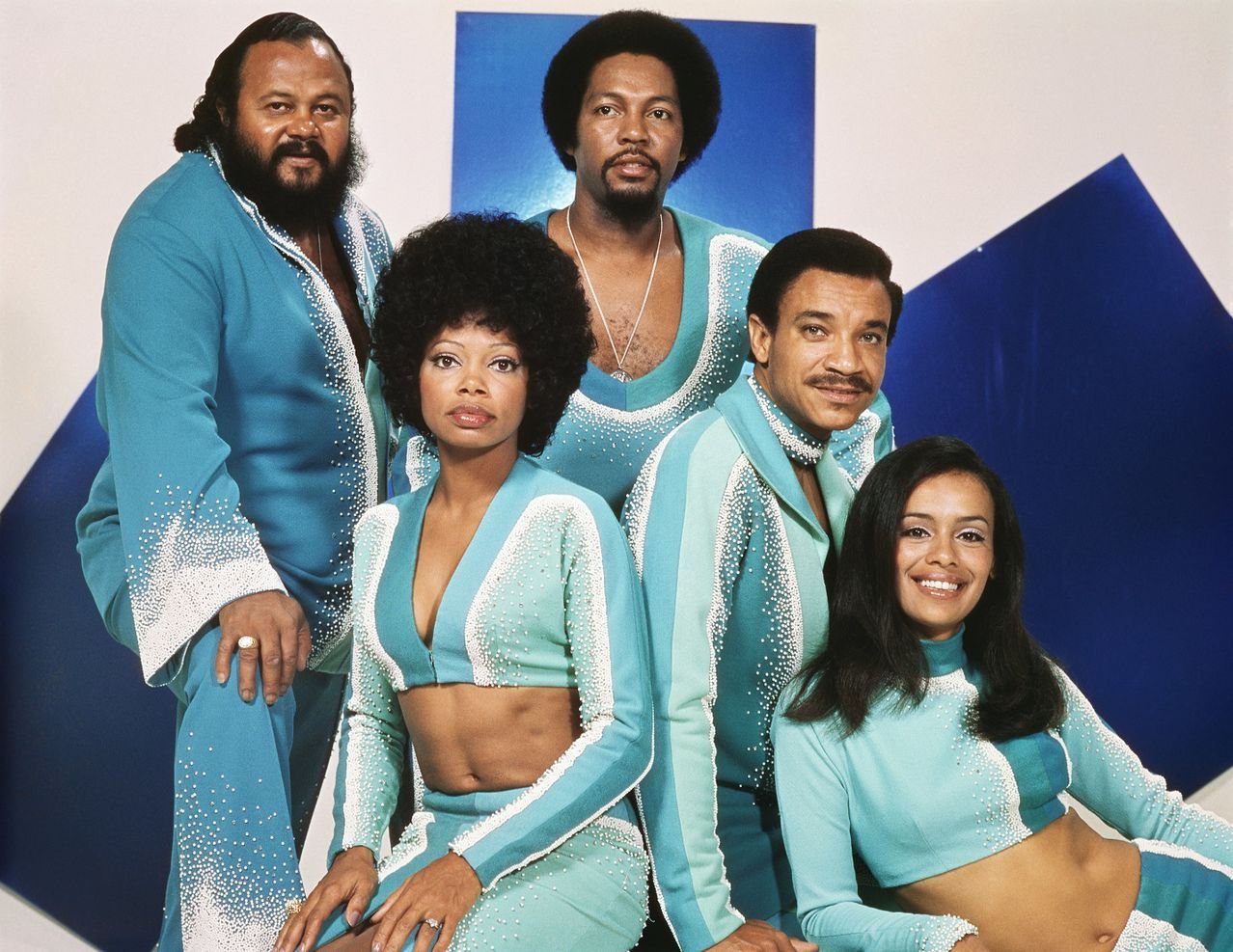
The Fifth Dimension

Stevie Wonder
Gospel Day Included:

The Edwin Hawkins Singers
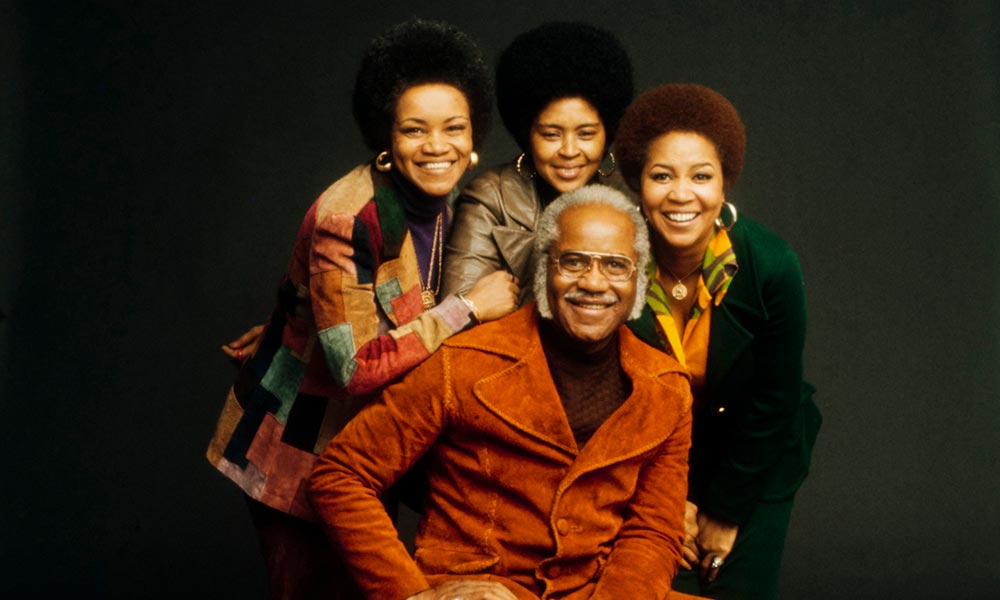
Papa Staple and the Staples Singers

Clara Walker and the Gospel Redeemders

Mahalia Jackson

Jesse Jackson (Said the Prayer)
:format(jpeg):mode_rgb():quality(90)/discogs-images/R-3900407-1348576179-8830.jpeg.jpg)
Ben Branch & Operation Breadbasket
More Familiar Faces:

Gladys Knight & The Pips
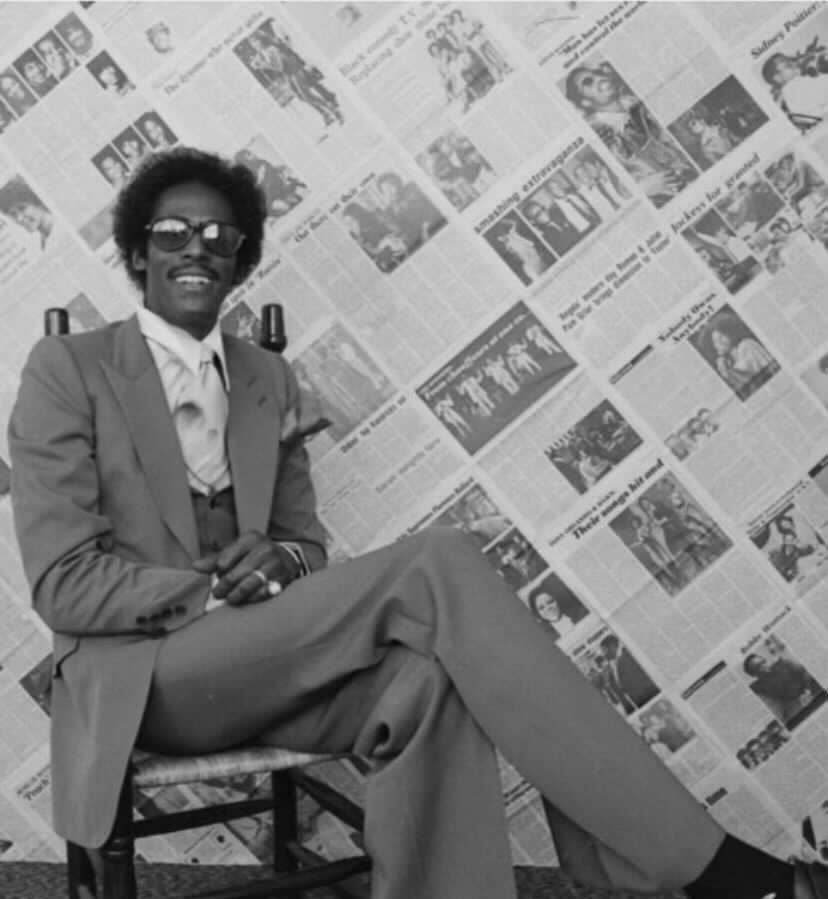
David Ruffin
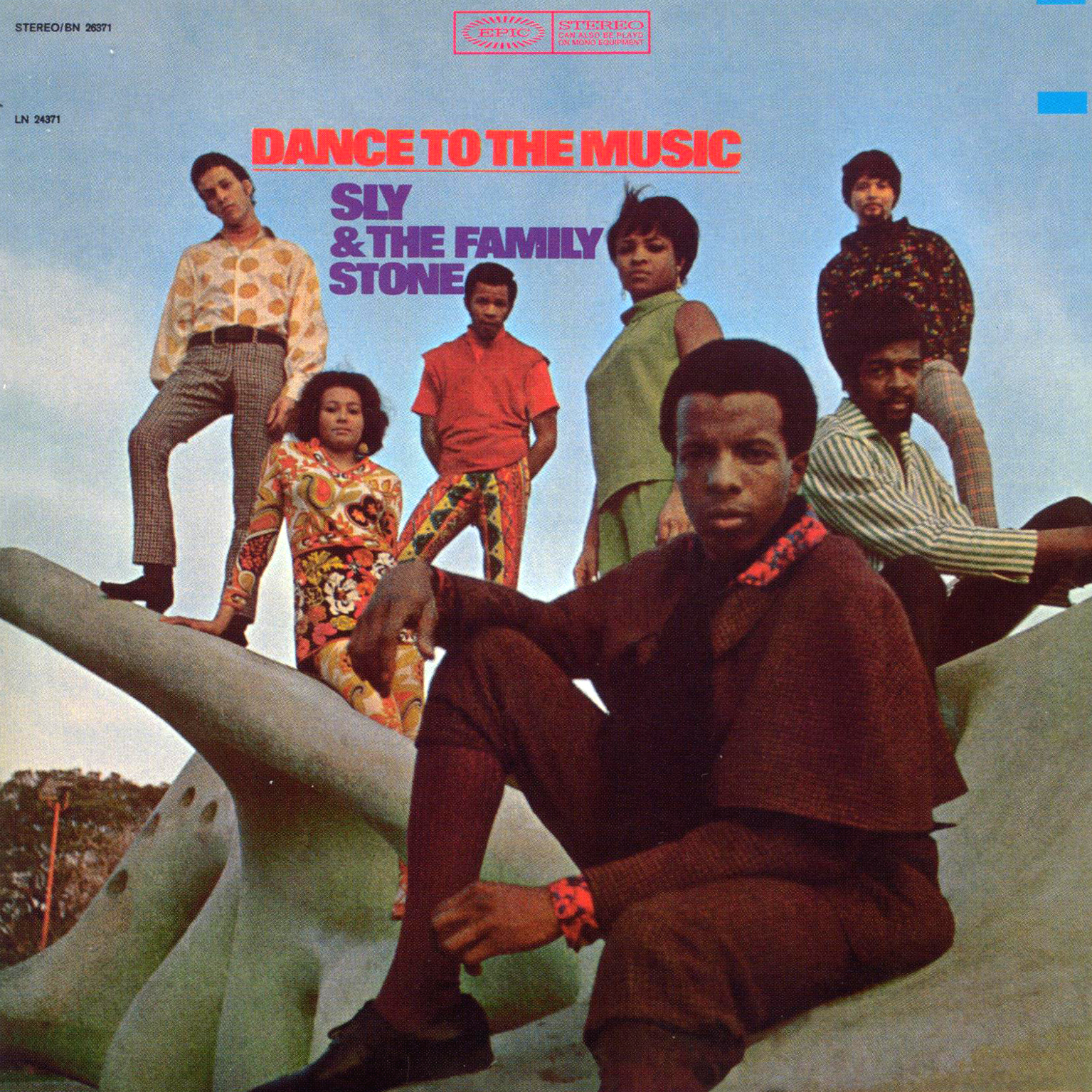
Sly & The Family Stone

A major reason why the 1969 Harlem Music Festival was so groundbreaking and refreshing was that it appreciated, celebrated, and showcased different Black and Brown genres in a way that wasn’t common to see during the era. On one of the days of the week long festival, multiple Afro Latino artists performed such as Mongo Santamaría, Ray Barretto, Cal Tjader, and Herbie Hancock (Not Afro-Latino but introduced his song Watermelon Man which is influenced by Latin music).
Nina Simone’s performance can arguably serve as a symbol of what the purpose of the entire festival was. Nina Simone’s lyrics are known to be heavily focused on the black struggle, black pride, etc. Her voice evokes deep pain and sorrow, but at the same time it feels hopeful and uplifting.
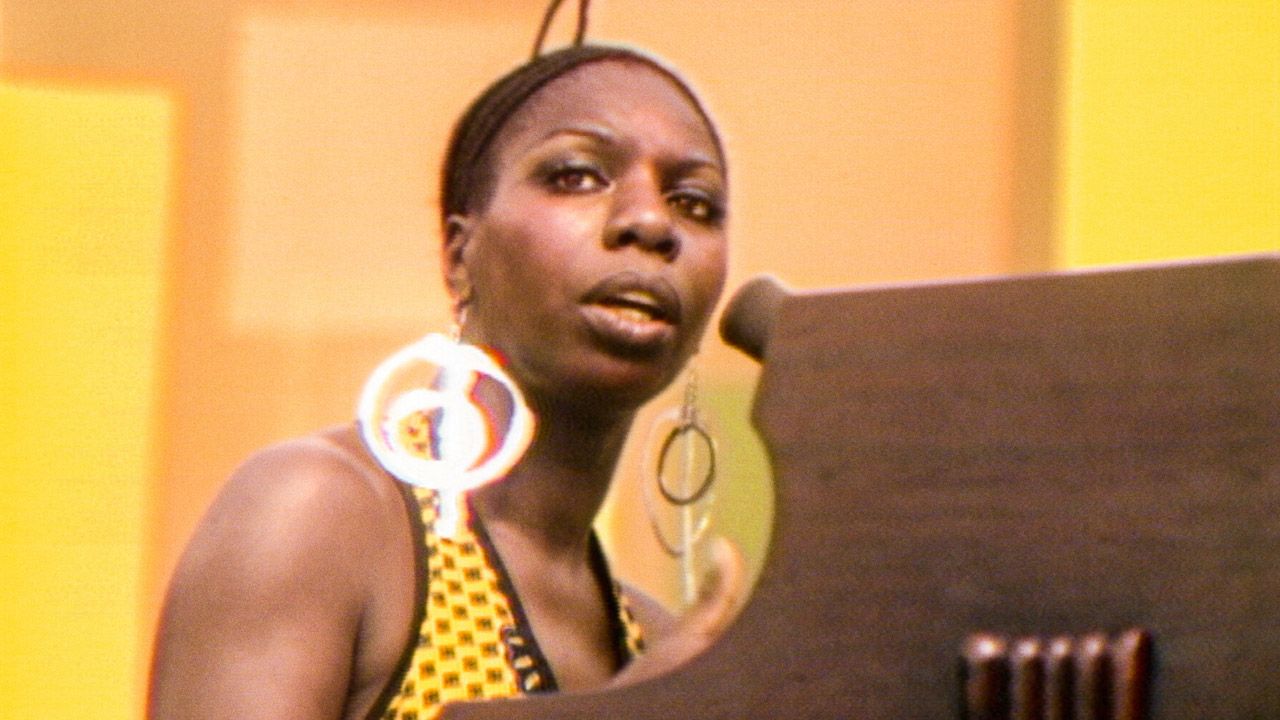
This performance came towards the very end of the week-long festival and served as a powerful conclusion to such an impactful celebration of what it meant to be Black in this nation at the time. It provided hope and set the scene for our transition into the very vibrant, lively decade that was the 1970s. Black and Proud!
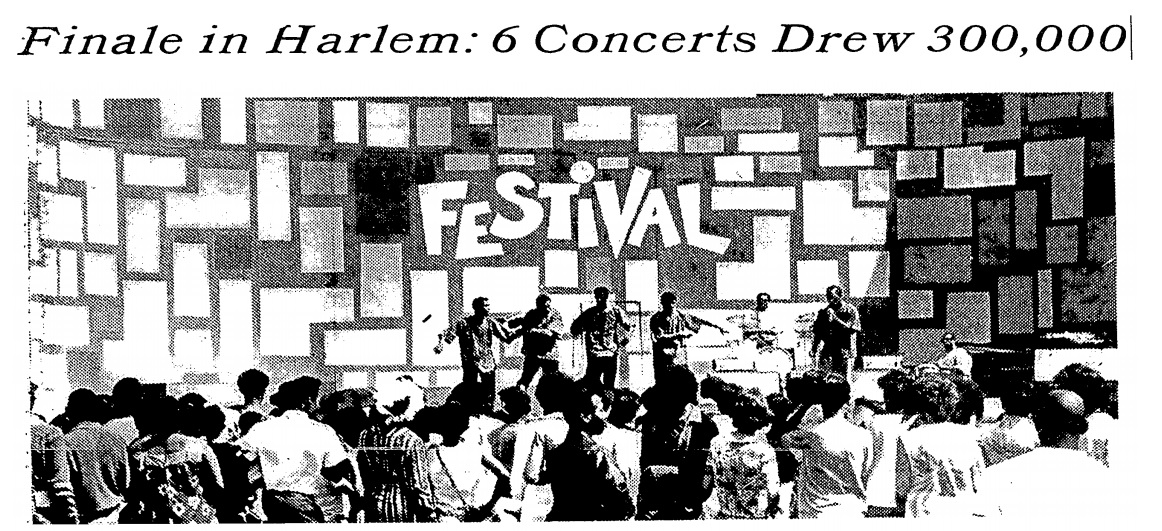
It was so important for Questlove to have the forethought and initiative to direct/produce this documentary. For many young black people in this day, this may have been our first and only time hearing about the Harlem Cultural Festival of 1969. It isn’t heavily talked about and was almost a forgotten event. This event was one that allowed black people to come together in harmony and celebrate ourselves as individuals, our culture, and most importantly our music. A variety of our genres were showcased such as blues, jazz, soul, gospel, etc. This event was the epitome of beautiful black joy. We had the Black Panther Party doing security, an almost entirely all-black audience, and so many of our favorite artists all in one space for an entire week. Even today, we don’t see many events like this except for events like the Essence Music Festival. This event came in 1969, the end of a very traumatizing and challenging decade which tested our strength and unity as a people. We’re coming out of the height of the Civil Rights Movement, the assassinations of so many of our prominent leaders, and a major shift in the social and political dynamics of our nation. This event symbolizes the light at the end of a very dark tunnel and a hope that the world can and will change for the better. The film brings awareness and highlights one of the most important cultural events in the Black American music world.


